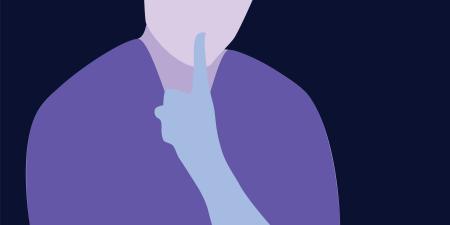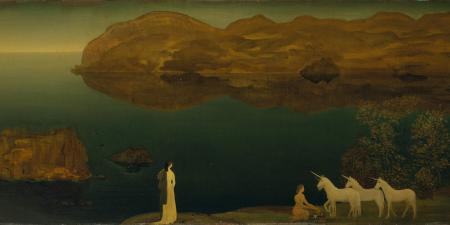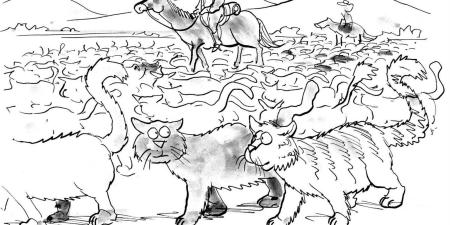When journalists have opportunities to escape their newsrooms and report stories first-hand—to spend days, weeks, or even months with their subjects—they usually chomp at the bit to take them. In most cases, I would, too. But this story was personal. It was August 17, 2000, when my childhood friend Mark Mucha told me that he had liver cancer and might need a living-donor transplant to save his life. Four of my friends and I ended up on the short list to be Mark's liver donor, and, after nearly 4 months of waiting, I was selected. Adding to the drama was that Mark was a new dad, and that my wife Jennifer was 8 months pregnant with our first child when Mark and I went into surgery on December 12, 2000. We were both 28.
My editors at the Chicago Sun-Times and I recognized the "story value" of my being Mark's donor early on, but the subject didn't really come up until after I was singled out to do the operation. It's one thing to thrust oneself into a story as an impartial observer. It's another to be one of its main characters, and to ask family and friends to put their lives on display. My bosses realized this, and they didn't want to be pushy. At the same time, they knew this was a once-in-a-lifetime opportunity to place a reporter not only in an operating room but on the operating table. Luckily for me, Mark and his wife, Kelly, embraced the idea of my writing our story. They felt that if the transplant allowed Mark to get his life back, they would do everything possible to raise awareness about organ donation and cancer research. A story in the Sun-Times only would aid that cause.
The problem was that this story did not have a happy ending. Mark died on March 25, 2001, after a series of complications that included my liver failing him and a second transplant not working, either. Besides the grief of losing him, I questioned if I wanted to—or if Mark's family would let me—tell our story, which had more twists and turns than anybody could have anticipated. Back at work about a week after Mark's death, Sun-Times Metro editor, Don Hayner, called me into his office. He guaranteed that nobody at the newspaper would think any less of me if I didn't do the story. But he also made a very logical argument about why I should consider writing it. "We only tend to write about things like this when they go well," Don said. "This one didn't, and I think the public can learn something by reading about it." With Kelly's blessing and cooperation from everybody involved in Mark's case, "The Gift: A Transplant Journey" appeared in the Sun-Times in late December 2001.
Writing the story proved difficult both emotionally and technically. I went through a 2-foot-tall stack of medical records, spoke dozens of times with Mark's surgeon and other medical experts, corroborated dialogue with friends and family, and delved into a controversy about whether too many adult-to-adult live-liver surgeries are being performed too quickly. There were days when I felt like quitting, but all the work paid off.
"The Gift" sparked nearly 800 e-mails, letters, and telephone calls to the newspaper. One was from an emergency-room nurse who wrote that the story "has been circulated to all of the staff as a 'must read.' Thank you for reminding me why I became a nurse, and why I continue to do it in the face of sorrow, sadness and pain." Another person wrote, "I was moved by this story so much that, even though I said I would be a donor and filled out donor cards in the past, I never signed the back of my license—until this morning. Thank you for making me believe." Still another, "I truly believe the story will change Sun-Times readers throughout the United States the way Sept. 11 did. God willing, maybe this story will surpass Walter Payton's efforts 10-fold with organ-donor transplants. We all have to again re-think our priorities in life."
I have never gotten such heartfelt responses to anything that I've written. Equally gratifying was that calls to the state's organ-donor hotline doubled during the two weeks following the story.
In hindsight, I'm glad that I wrote "The Gift," and that so many people walked away from it enriched. It is heartening to know that newspapers can still make a difference in readers' lives. I'm glad Mark's son Jake and my son Ben years from now will be able to read the story and know what true friendship is all about. At the same time, I'd give anything for the situation . . . and the story . . . to never have happened. For Mark and me to be getting ready to take our boys to their first White Sox game this summer. That would have made a great story—the kind that lives on in one's memory, not in the newspaper.



